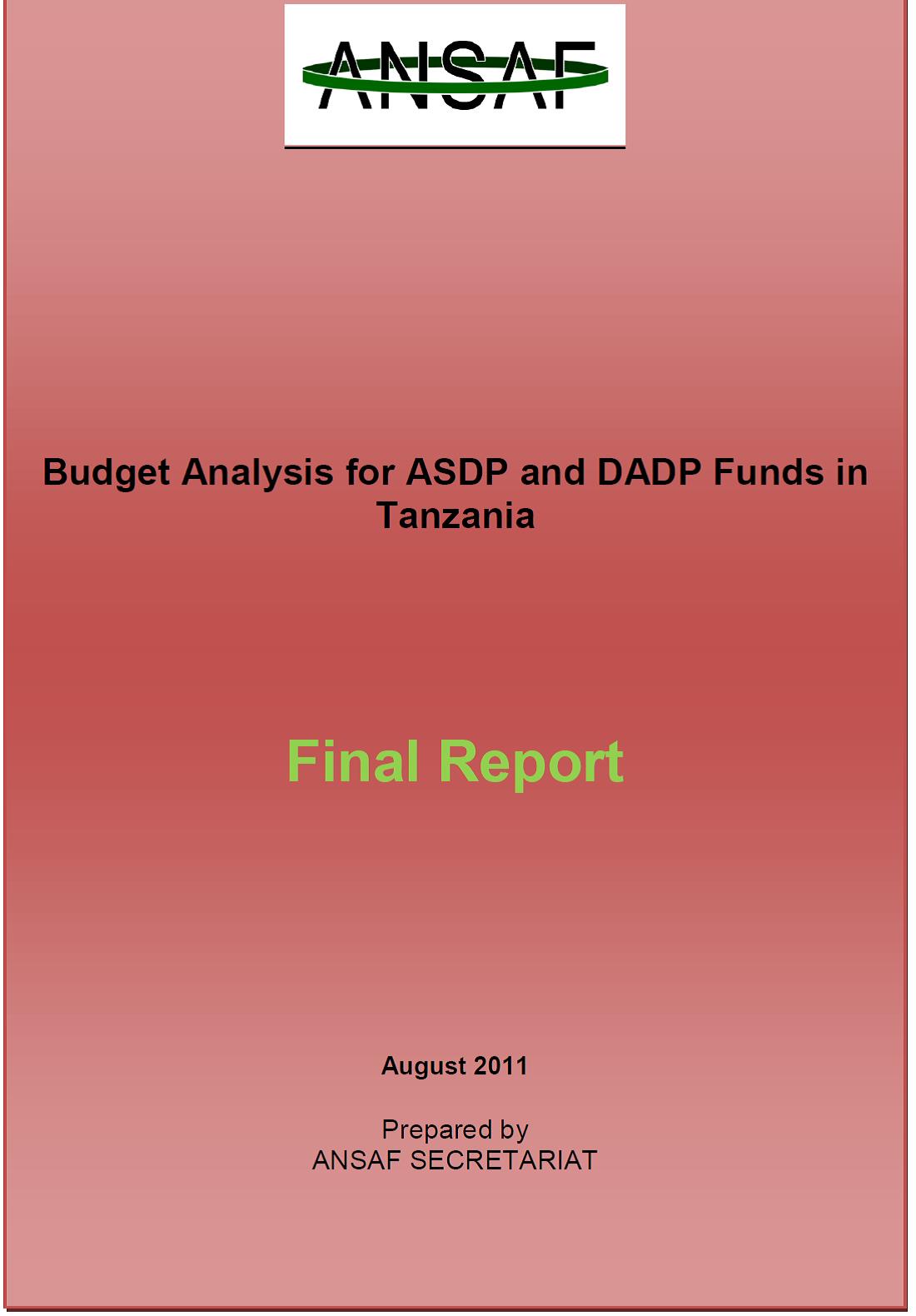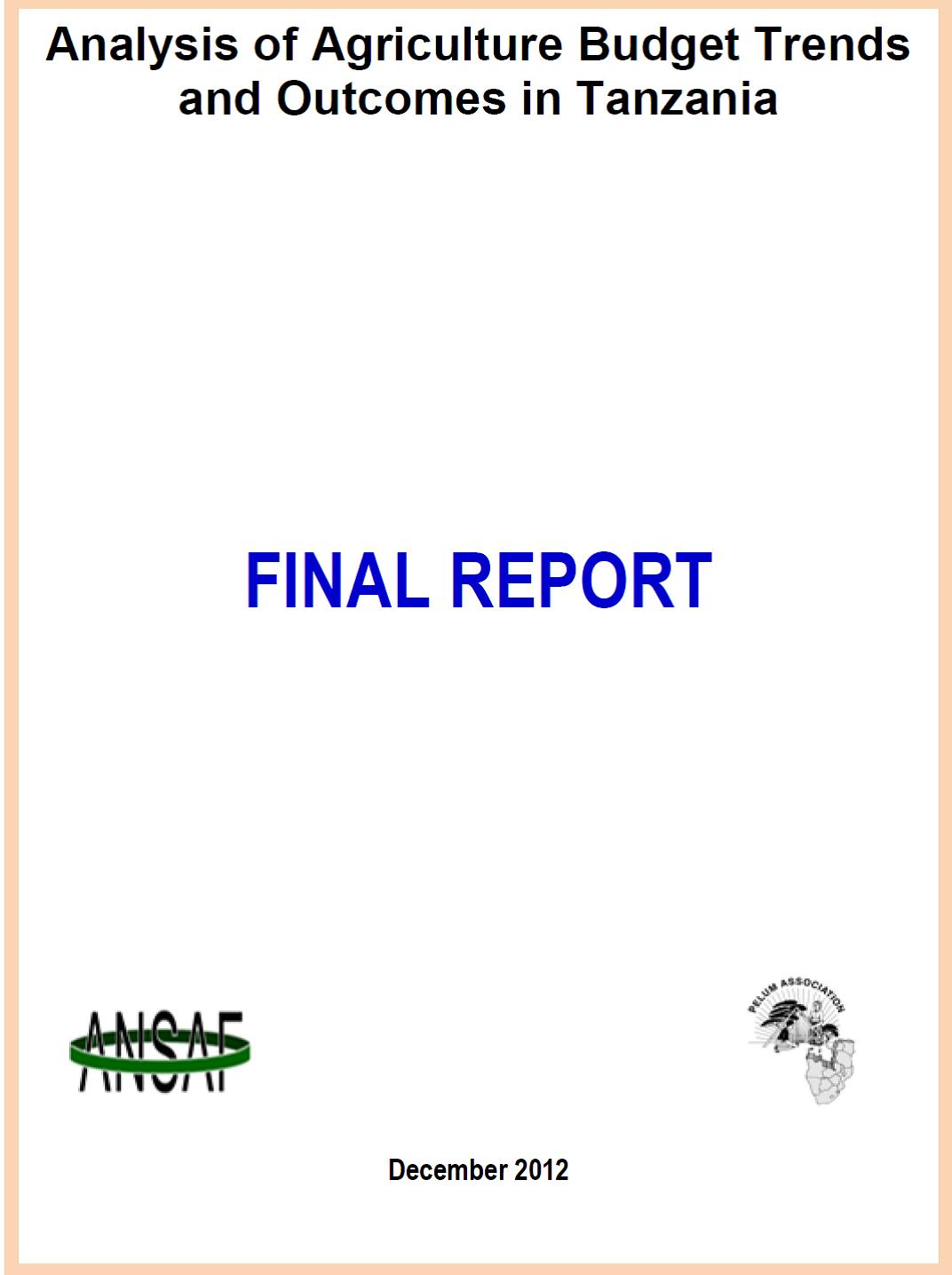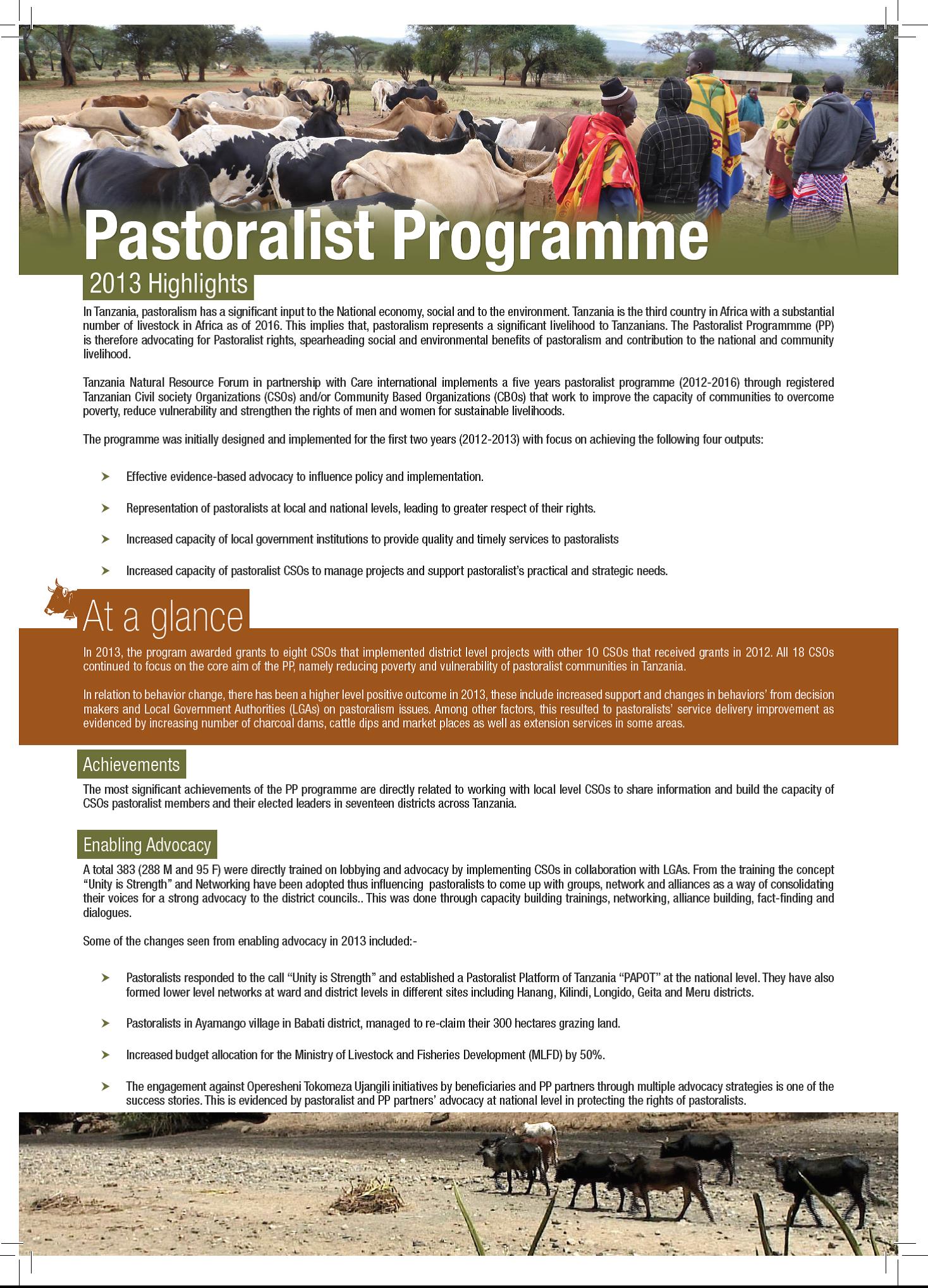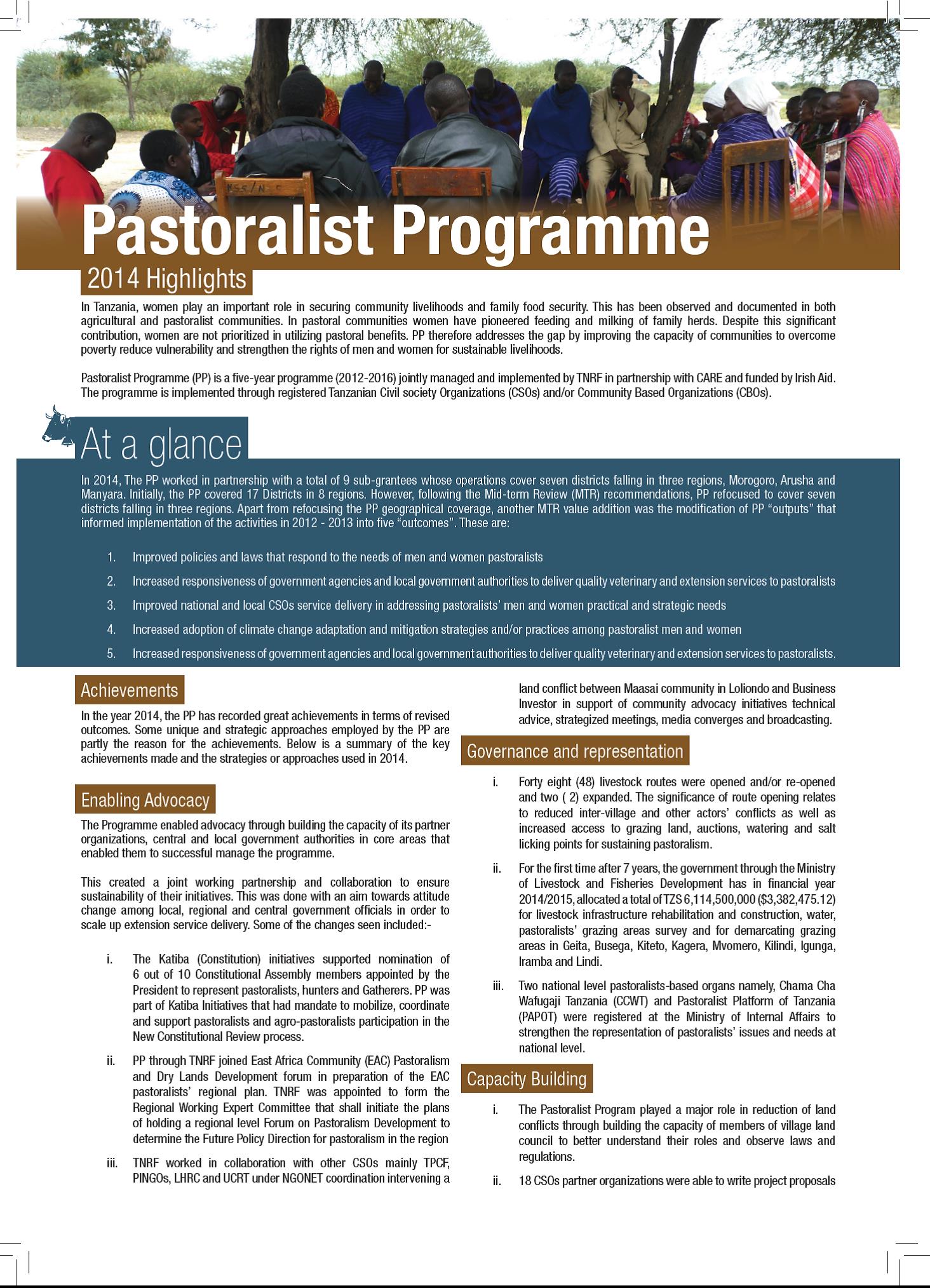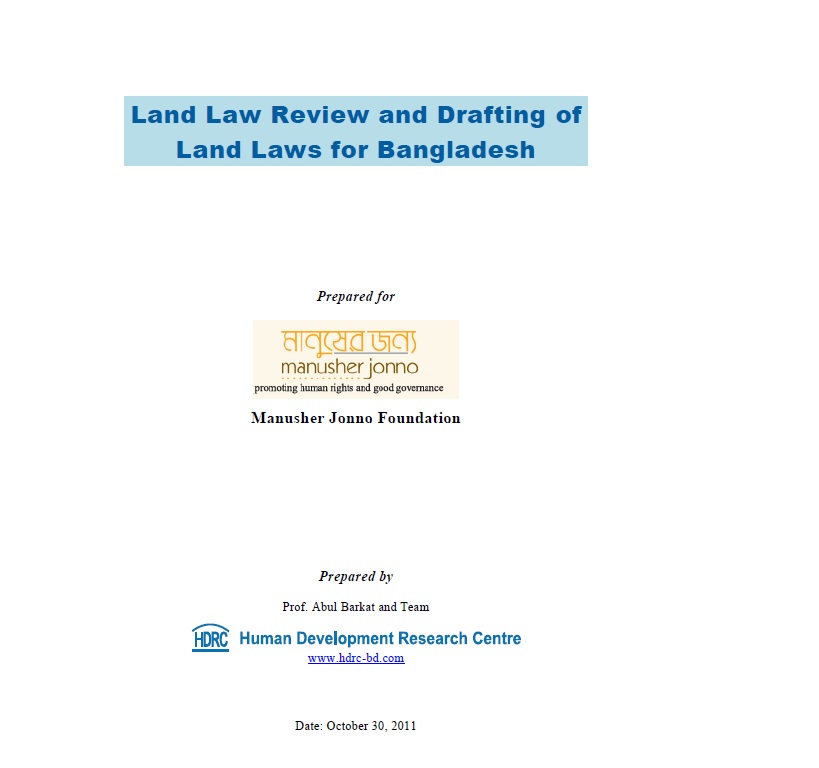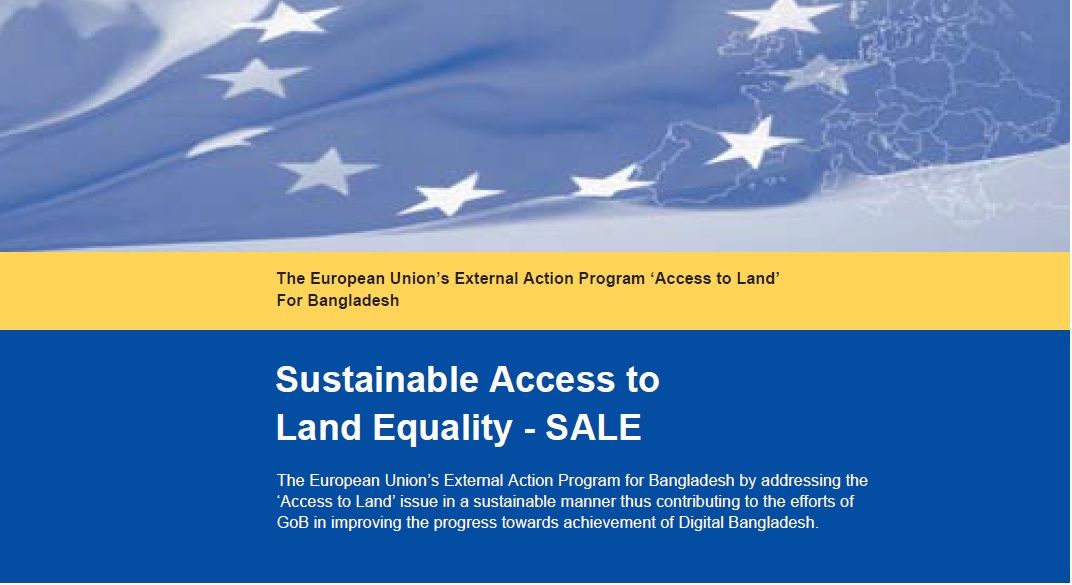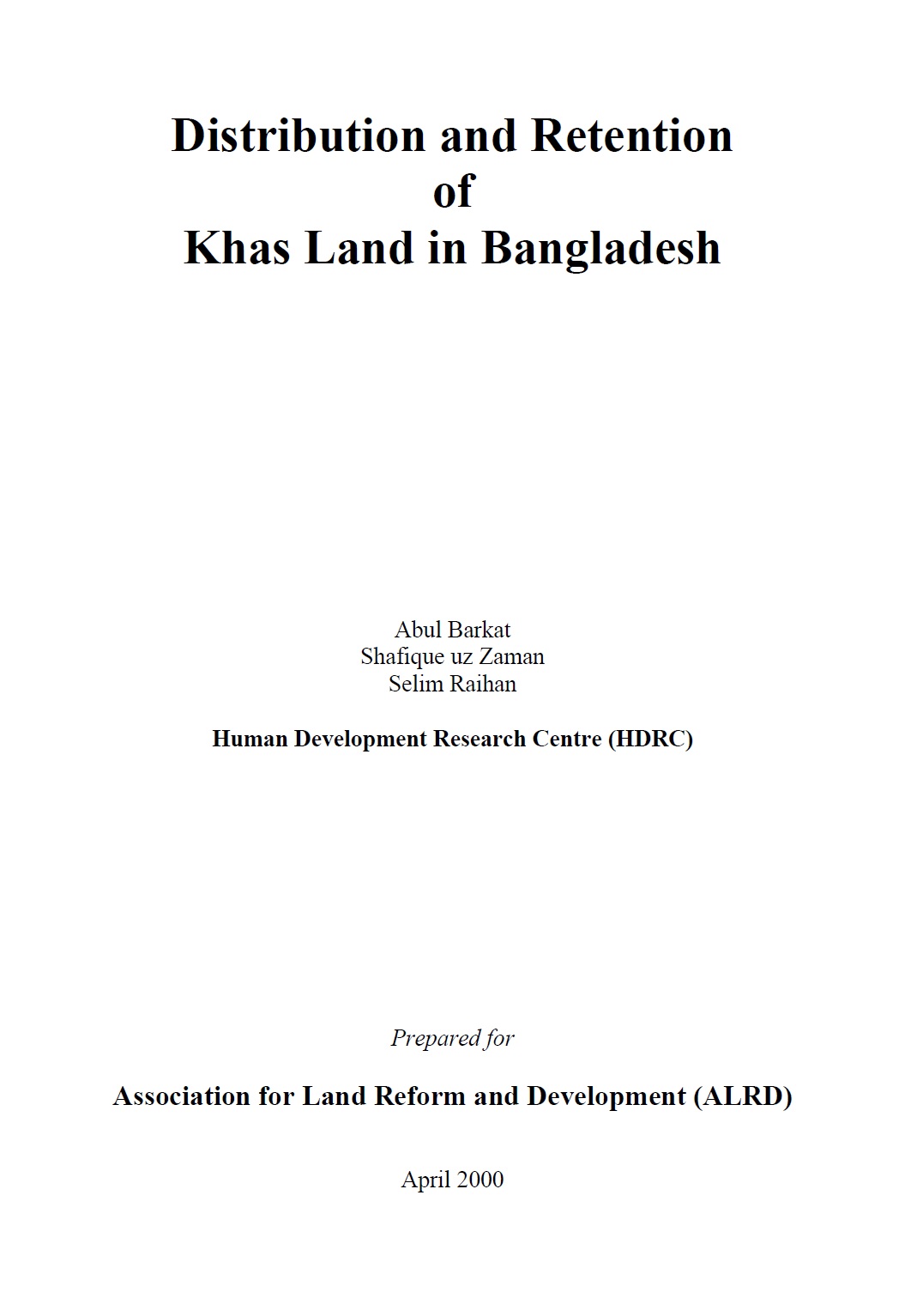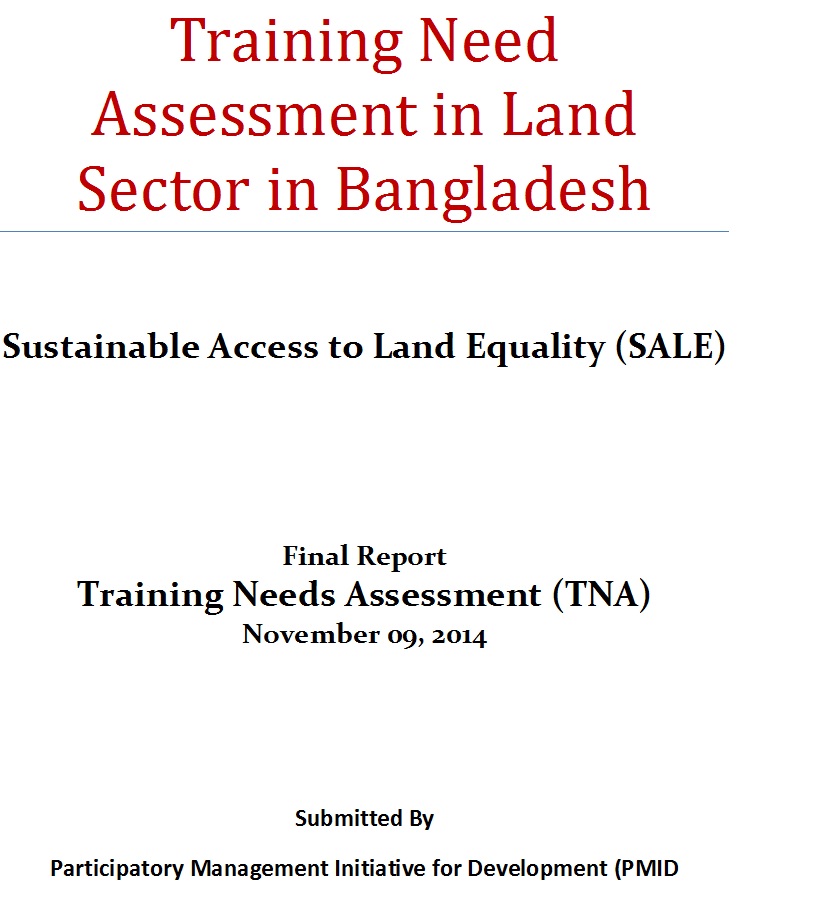Budget Analysis for ASDP and DADP Funds in Tanzania
The Agriculture Sector Development Programme (ASDP) is a Sector Programme largely implemented at the district level through the District Agricultural Development Plans (DADPs) as an integral part of the District Development Plan (DDP). The government also works at the national level through the Agriculture Sector Lead Ministries (ASLMs) to deal with issues such as fertiliser subsidies, large irrigation schemes, research and development, regulation and coordination as well as quality assurance.

